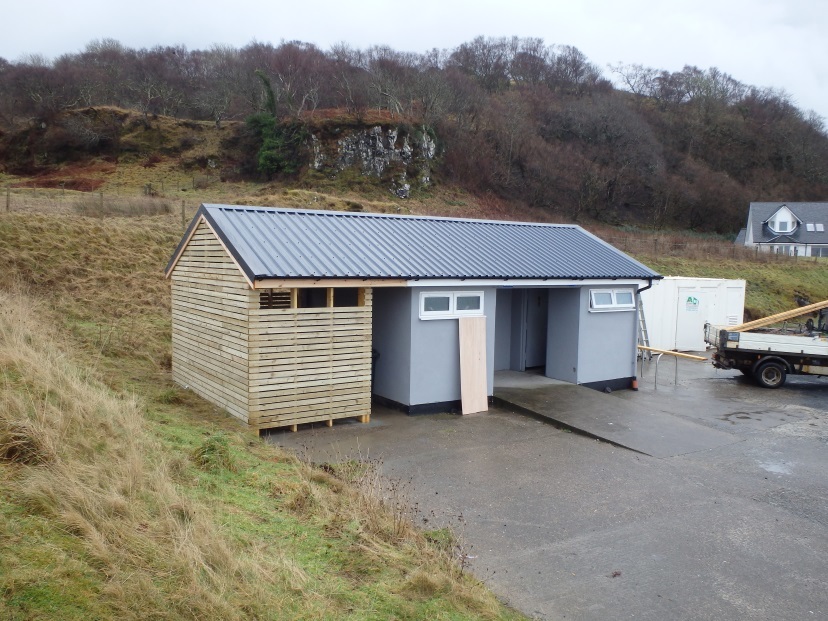Oban residents have voiced concerns over plans by the local council to lease the public toilets and an area of land at the town’s popular beach.
Oban Community Council has called a public meeting after receiving a number of representations from people voicing concern about the plans for the land at Ganavan beach.
It is understood the area could be used for a cafe or restaurant.
Keiron Green, secretary of the community council, said: “The council has been looking to the future of some of the land at Ganavan – the public toilets and a small area of grass. There have been expressions of interest from people so they decided to put it up for lease.
“This generated some controversy in the town because it is very much felt that Ganavan is a public asset, it was given for the people of Oban, it shouldn’t necessarily be for the council to dispose of in that way.
“We felt it would be good to have a public meeting where people can come along and give their point of view. There should be councillors there and they will be able to give their side of it.”
The special public meeting will take place on Monday May 23 from 6-7pm at the Phoenix Cinema in Oban.
A spokesman for Argyll and Bute Council said: “We are advertising a small part land at Ganavan for lease on the basis that it will become an area of community benefit and are hopeful that a developer interested in creating additional facilities on this popular site will come forward.”
He insisted that the council is advertising a very small part of the land it owns at Ganavan for lease and welcomes interest in developing the site for community benefit.
The land at Ganavan, including the car park and upper part of the beach, came to be owned by the council’s predecessor councils and transferred to the current council following local government reorganisation in 1996.
The spokesman added: “The land at Ganavan was not dealt with by Argyll and Bute District Council as part of the Oban Common Good Fund, nor has this council treated it as such. The land in question, any income from it and any costs associated with it have never been shown through the common good accounts since local government reform more than 40 years ago.”
